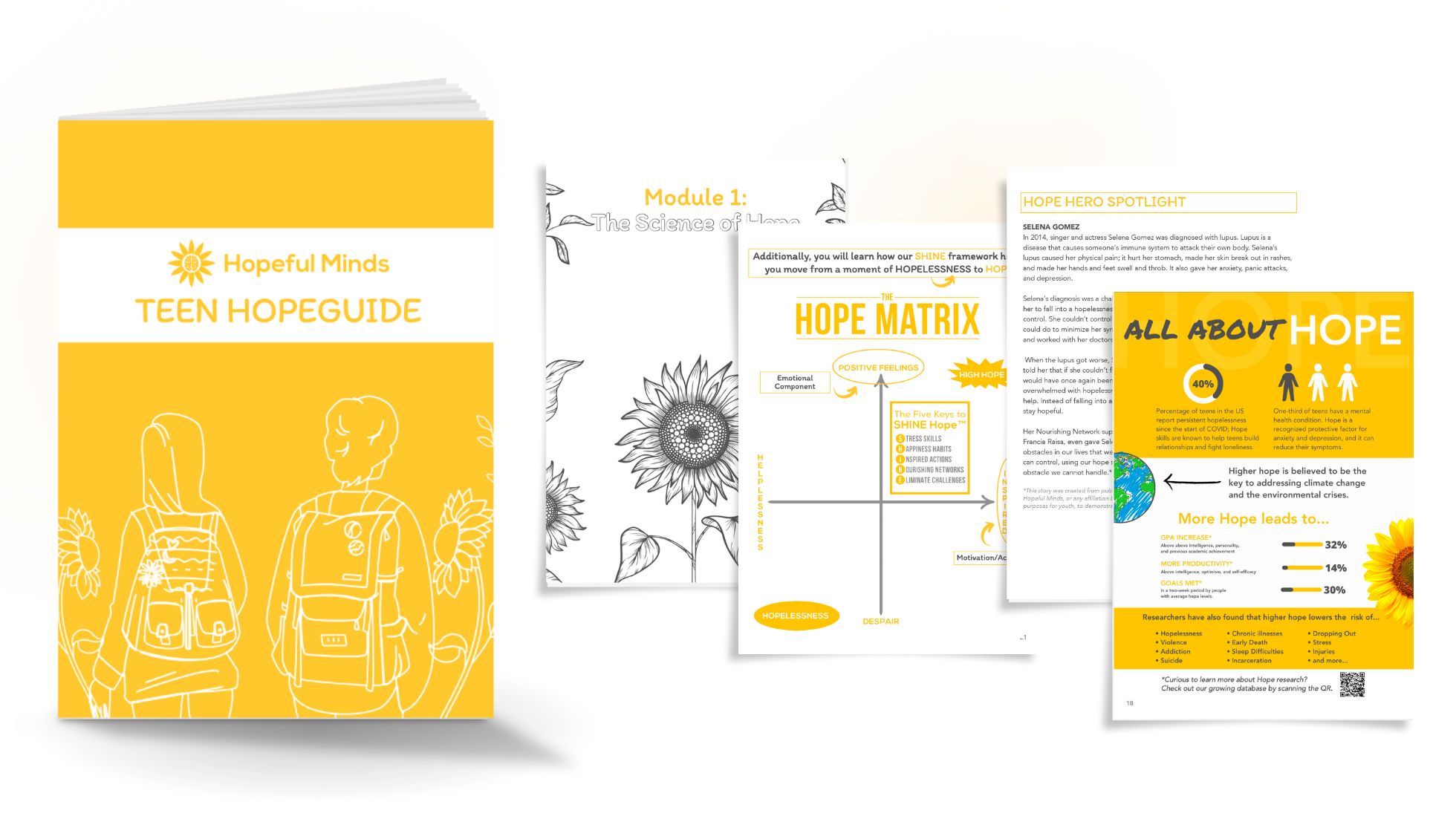Every year, approximately 200,000 men and women transition out of active-duty service and return to civilian life.
Studies indicate that 44 percent to 72 percent experience high levels of stress during transition from military to civilian life. Data also suggests that approximately half of those who recently separated from military service may not immediately connect with available resources, benefits, and services.
Without support, more complex behavioral health concerns may emerge. In 2020, approximately 5.2 million Veterans experienced a behavioral health condition, and more than half of Veterans with a mental illness did not receive treatment within the past year. Additionally, more than 90 percent of those experiencing a substance use disorder did not receive treatment.


Hope is a powerful force that can help veterans navigate the complexities of post-military service (e.g., psychological trauma, transition to civilian life, etc.). Research suggests with higher levels of hope, veterans have:
- Decreases in trauma symptoms, as hope allows veterans to cope, set goals, and maintain proactively manage challenges.
- Decreased feelings of isolation and disconnection.
- Decreased rates of mental health symptoms.
- Increased resilience, helping veterans overcome adversity and navigate the psychological effects of combat and other stressors.
- Increased quality of life.
- Increased ability to engage with social support networks and families, fostering stronger connections with loved ones.
- Increased ability to achieve goals related to education and employment opportunities



